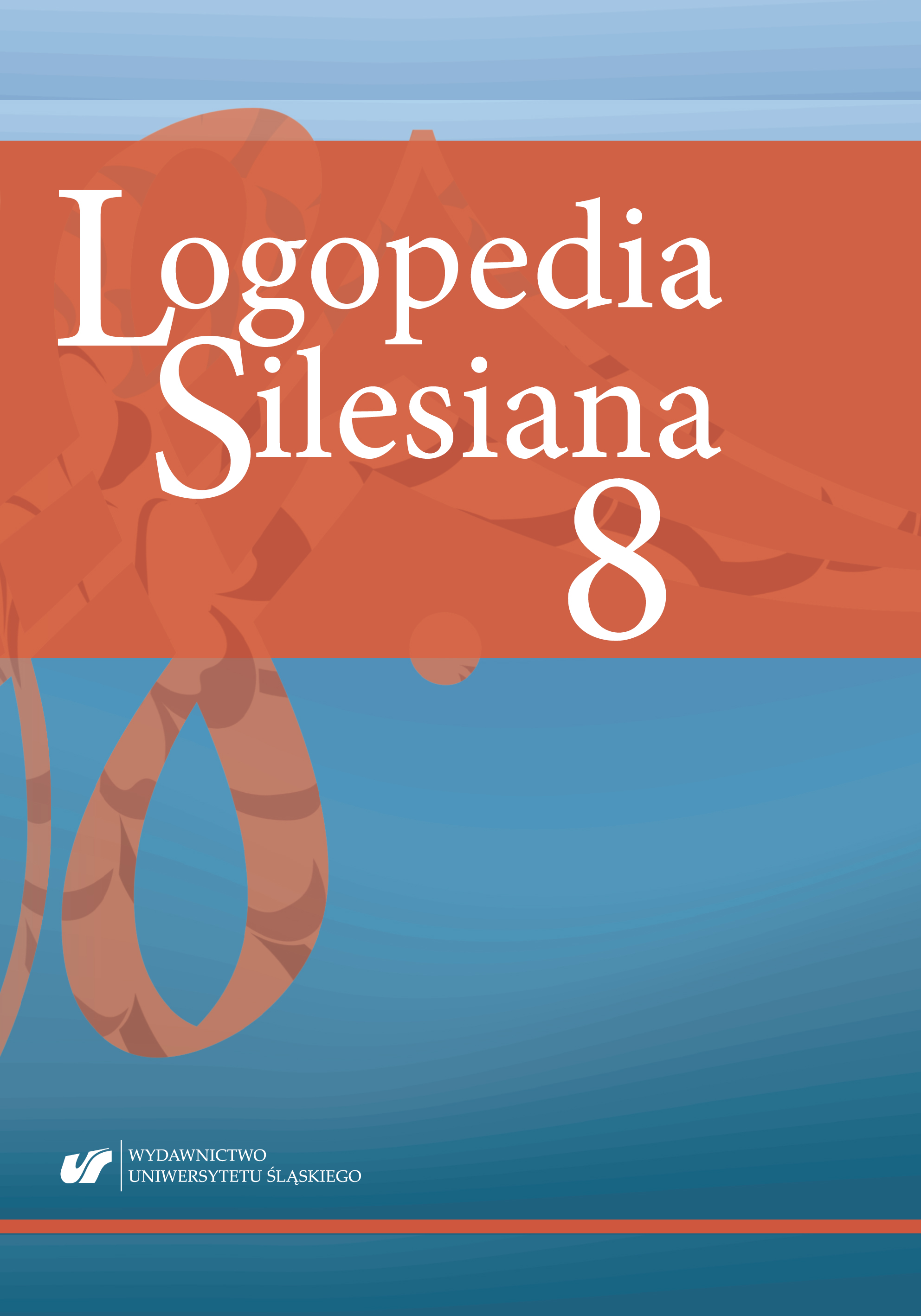Kategoryzowanie u osób z afazją – badania z wykorzystaniem procedury DRM, czyli tworzenia się fałszywych wspomnień
Categorization in People with Aphasia – Research using the DRM Procedure, i.e. the Formation of False Memories
Author(s): Magdalena KokotSubject(s): Theoretical Linguistics, Applied Linguistics
Published by: Wydawnictwo Uniwersytetu Śląskiego
Keywords: Aphasia; DRM; categorisation; false memories
Summary/Abstract: Creating false memories with words is a research procedure mainly used in psychology. It is based on a high correlation between the probability of remembering-knowing a critical word (the memories of the fact of learning it) and the likelihood of providing this word as an association with a list of words. An unrepresented critical word appears as a memory because it is associated with the words presented to the participants of the study. The falsehood of the memory lies in the fact that the probability of providing a false word, i.e. a critical word, is as strong as the possibility of giving a listed word, whereas the respondents report that they remember the very moment of remembering a critical word. The aim of this article is to present the results of research on causing false memories and their effects carried out on the group of people with motor aphasia and the control group of those without this type of disorder. The study was conducted using the modified DRM procedure on the group of people with motor aphasia (N = 46) and the control group (N = 46). The study was conducted individually and the material was presented by means of visual and auditory ways. The conclusion is that the people with aphasia are prone to the effect of causing false memories to a similar extent as those without aphasia, even though this fact may be due to the non-linguistic deficits associated with aphasia.
Journal: Logopedia Silesiana
- Issue Year: 2019
- Issue No: 8
- Page Range: 242-273
- Page Count: 32
- Language: English, Polish

